Welcome to the second PULSE by Wareable podcast. Apologies for the delay in bringing you this edition - we’re still learning the podcasting world and had a few technical issues last week.
This week, we catch up with Holly Shelton, the Chief Product Officer at Oura.
Oura has single-handedly dragged the smart ring market into the mainstream, and its Oura Ring Generation 3 is not only the best smart ring on the market, but one of the best health and wellness wearables full stop.
But Holly spoke to PULSE at a critical moment for smart rings.
Samsung has announced that it will launch a Galaxy Ring this year, and becomes the first major player (bar a flirtation by Amazon) to get into smart rings.
The chat is a fascinating glimpse into how Oura sees Samsung’s entry into the smart ring world, and where it’s focusing its efforts around femtech, sleep, and stress tracking.
Key takeaways
50% of the Oura user base is women but growing quickly, and the company has been working hard on features that target women’s insights specifically. Oura has downsized the ring in every generation so far, amid feedback that users want the ring to be smaller. However, growth is coming from the software experience, and the focus on women’s health outcomes.
Samsung’s entry into the market will bring a welcome spotlight on the smart ring medium, and help all devices break into the mainstream. Smart rings are still a niche product with huge potential to grow.
AI has been a massive driving force to help connect disparate data points to build “cohesive stories that make sense.” It’s AI insights derived from the existing sensors that are being used to develop insights into menopause and cycle tracking. Holly Shelton says that AI can still be “Human and empathetic.”
Oura would consider adding FDA-regulated features, and deal with the added challenges of being a regulated medical device if those features added meaningfully to its mission. Oura wants its Ring to be a “sixth sense.”
Holly Shelton admitted that having FDA-approved features, which act as a marker of accuracy, resonated with customers.
Sleep tracking was Oura’s original focus, but increasingly in terms of raw sensing of data, there’s not too much the company can innovate. The focus moves onto the “so what” – helping people make use of their data continuously. That includes personalizing recommendations based on your unique physiology, sleep habits, circadian rhythms, and personal situation.
There’s untapped potential in measuring the environment and using ambient data to enrich your wearable’s insights. Holly Shelton told us that the smartphone is an unleveraged source of data, including ambient light and sound readings, which could be incorporated into sleep tracking.
Wearable-based stress tracking can inadvertently make some people more stressed. Oura’s new features look to help people become more resilient and recover from stress, rather than simply trying to eliminate stress in the first place. She told us that stress is simply a part of life, and building reliance is more useful.


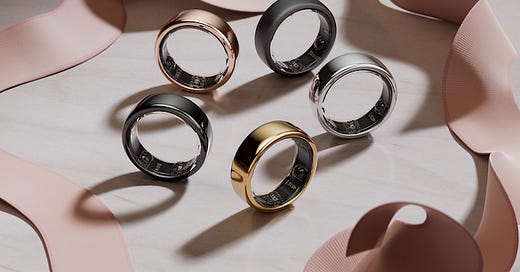






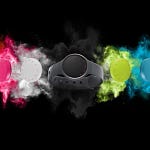
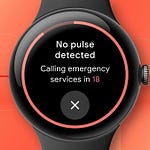

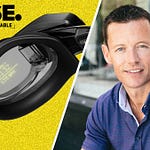
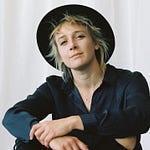
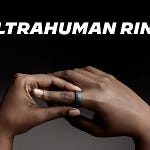

There's one Major problem with Oura rings. They frequently will not sync. I've bought 2- the last one only a year ago. Why not improve this critical and basic issue before rolling out more features that we cannot access when the damn thing won't sync!!
I've not had problems with my Oura Ring – have you been in contact with support?
I have. We go through the same troubleshooting steps- sometimes helps. Others it just starts working again. Sync/ring pairing very buggy. Working on a possible replacement but looks like I'm just past the one year warranty. This was the same issue that led to my replacing the first ring.